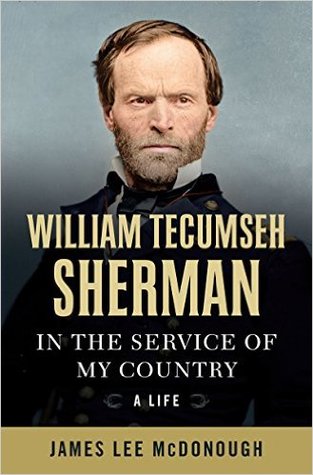Late Evening Focus
Focusing on writing after a long day can be hard, if not impossible. Despite the difficulties, it's often the only time I have, so I force myself to try to write.
I've stared at the screen for hours, accomplishing nothing. I've tried typing out any random thought in my head, hoping that the literal motions will be enough to get my thoughts aligned. I've even tried meditation or, conversely, distraction. The success rate with any of those are always pretty low; I'd say there was a one-in-four chance I'd get into a groove.
Of course, music helps a lot of people, myself included. I have a handful of different playlists to help me get in the mood, but they are as unreliable as anything else. Music seems better suited for keeping focus, then attaining it.
There is, however, one combination I've found to work about half the time: A pair of good (expensive) noise-canceling headphones paired with Brain.fm (cheap). Between them, I'll know within 5-10 minutes if there's any hope for a productive night.
The "music" of Brain.fm isn't something you want to play in your car or at a party. The sound quality is low, and the variety is lacking. If you want those things, use Apple Music. The odd, but often slightly familiar sounds somehow straighten out my brain. In fact, I just let it work. I don't worry about clearing out my head first, and I find that lack of worry actually speeds up the process.
There are some issues such as service uptime and the constant changes to the app interface on iOS, but nothing I can't forgive. I use it all the time and wrote most of my book to its computer-generated melodies.

